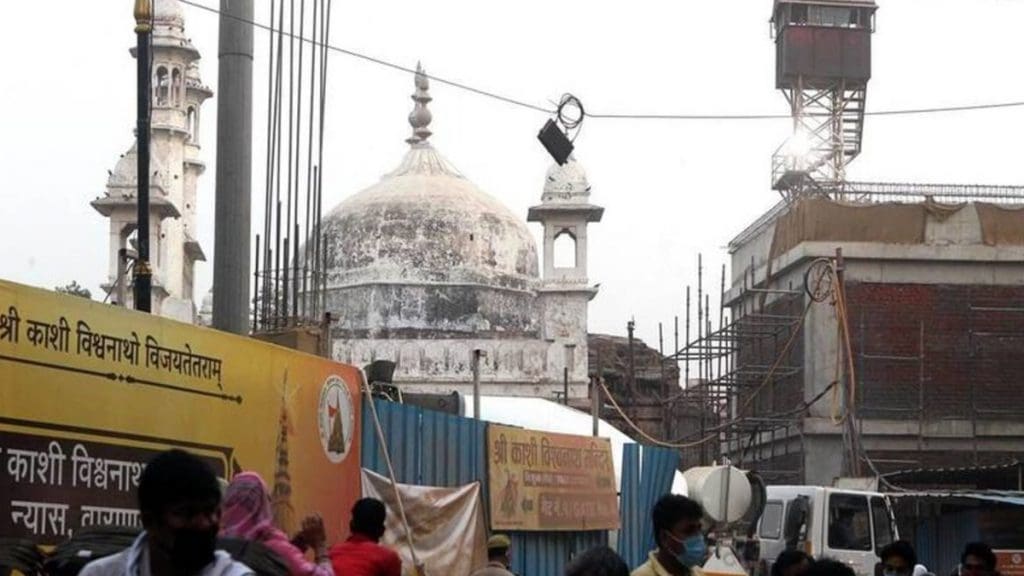
The Supreme Court on Monday refused to stay the Varanasi court order of January 31 by which Hindu parties were allowed to hold puja in the southern cellar of the historic Gyanvapi Mosque.
The apex court ordered the parties to maintain status quo at the Gyanvapi premises to enable both the communities to offer religious prayers.
The status quo “shall not be disturbed by either of the parties without obtaining the previous sanction and leave of this Court”, read the order by a bench of Chief Justice of India (CJI) DY Chandrachud with Justices JB Pardiwala and Manoj Misra.
The top court said that Hindus will enter from south and pray in cellar and Muslims will pray in northern side as they enter from there. This arrangement will continue till the case is finally decided.
“At this stage, bearing in mind the fact that namaz is being offered by Muslim communities unhindered after the district court and High Court orders, and that prayers in tehkhana is limited to the Hindu priests, it is important to maintain the status quo, so that both communities can perform religious worship in above terms,” the Court said in its order.
It also issued notice to the Hindu parties on the appeal filed by Muslim parties and listed the matter for consideration in July. It also ordered that Hindu parties will continue to hold puja in terms of the January 31 order of the civil court, Bar and Bench reported.
“Are we correct to say that prayers in South (cellar) do not impact (Muslim) prayers In North. If this is correct.. we can say let no further change happen in status quo further. We say let namaz continue and worship in south cellar can continue,” CJI Chandrachud said during the hearing.
The mosque committee has maintained that no idols existed in the mosque, and no prayers were ever offered there.
The Hindu nationalists have been campaigning that the historic mosque was built on the site of the original Kashi Vishwanath temple, while Muslims maintain that the mosque was built on Waqf premises and that the Places of Worship (Special Provisions) Act, 1991 barred changing the character of any place of worship as it existed on August 15, 1947.



